All Stories
-
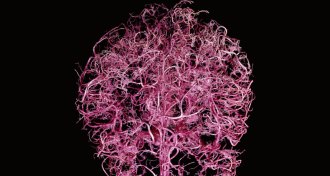 Neuroscience
NeuroscienceBlood exerts a powerful influence on the brain
Instead of just responding to the energy needs of neurons, the blood can have a direct and powerful influence on the brain.
-
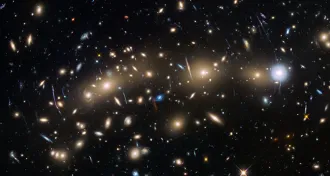 Astronomy
AstronomyNearby galaxies put a lens on hundreds of distant ones
Cache of faint galaxies in early universe discovered with help from massive galaxy clusters a bit closer to home.
-
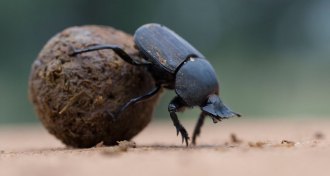 Animals
AnimalsColor of light sets dung beetles straight
Dung beetles may rely on green and ultraviolet colors in the sky to help orient themselves.
By Susan Milius -
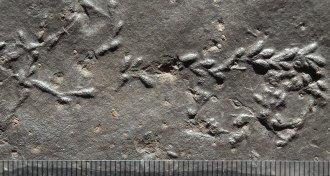 Paleontology
PaleontologyAncient larvae built predator-thwarting mazes
Mazelike tunnels built by ancient insect larvae offered protection from predators, paleontologists propose.
-
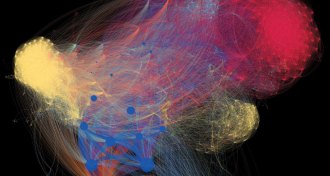 Animals
AnimalsDiagram captures microbes’ influence across animal kingdom
A network diagram of animal species shows that many microbes living in humans also make themselves at home in dogs, pigs and cattle.
By Meghan Rosen -
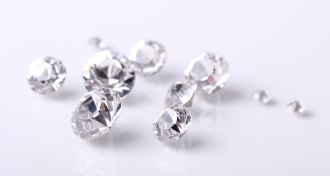 Earth
EarthNew recipe for diamonds: Just add acid
Rises in acidity during interactions between rocks and water in Earth’s interior can spark diamond formation, simulations show.
-
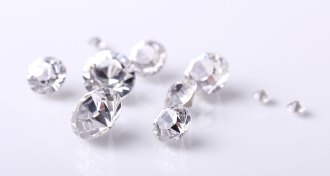 Earth
EarthNew recipe for diamonds: Just add acid
Simulating the chemistry, pressures and temperatures in Earth’s interior, scientists have discovered a new way diamonds can form.
-
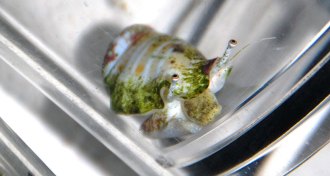 Animals
AnimalsHunchbacked conchs jump at the smell of danger
Hunchbacked conchs are among the most vigorous of snailkind’s few jumpers.
By Susan Milius -
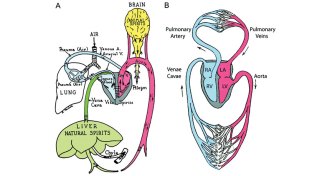 Science & Society
Science & Society‘Failure’ explores errors’ upsides
Missteps are a must in science, biologist argues in new book.
By Janet Raloff -
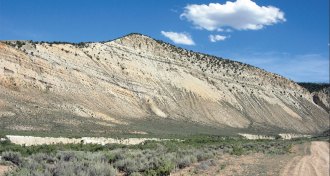 Climate
ClimateEocene temperature spike caused by half as much CO2 as once thought
Revised experiments demonstrate that hot temperatures during the Eocene resulted from lower carbon dioxide concentrations than previously thought.
-
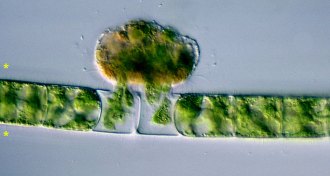 Paleontology
PaleontologyVampire microbes sucked some ancient life dry
Hole-ridden fossils suggest that vampirelike microbes were among the first predators that targeted eukaryotes.
-
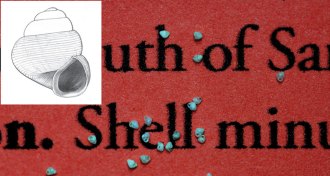 Animals
AnimalsWorld’s smallest snail record broken again
Snails may not be speedy, but itty-bitty snail shells found in Borneo are breaking a size record at a breakneck pace.
By Susan Milius